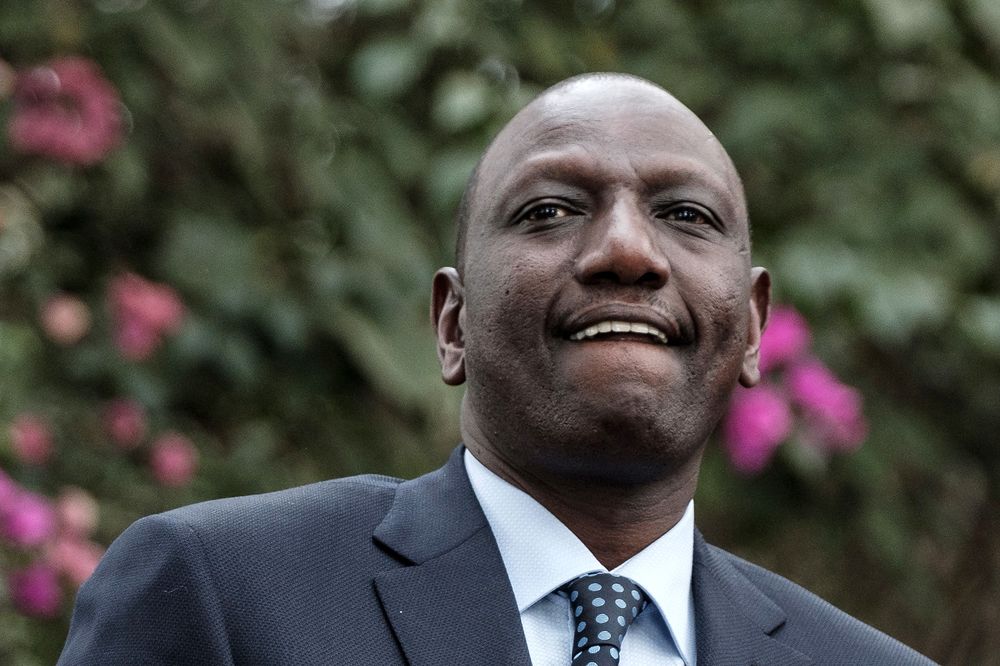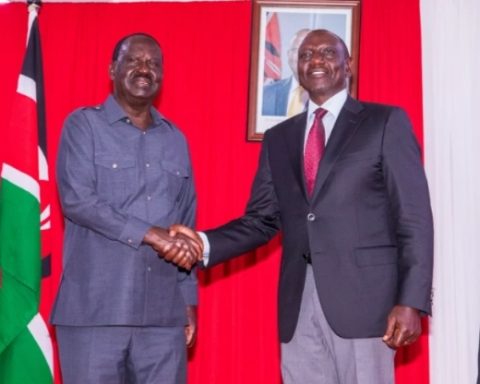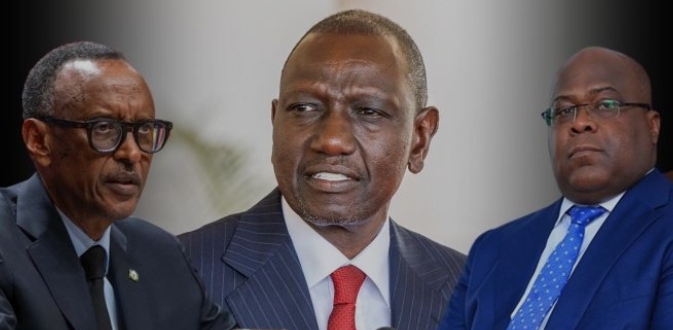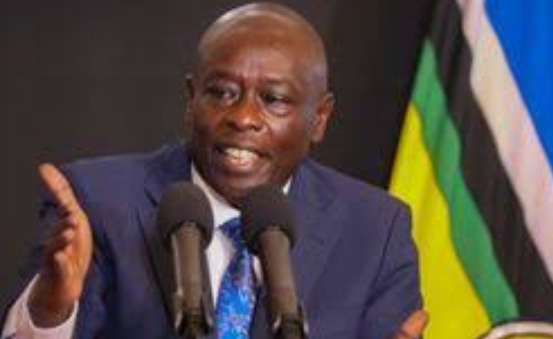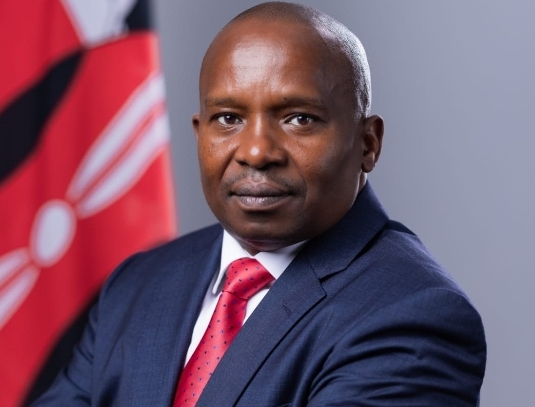A storm of outrage has engulfed Kenya after reports surfaced alleging that President William Ruto’s administration plans to procure sophisticated spying software ahead of the 2027 general elections. The alleged move, which critics claim is aimed at influencing the political landscape through surveillance and propaganda, has sparked widespread criticism from citizens and opposition leaders alike.
The allegations, initially reported by a leading local media outlet, suggested that top government officials, including those in the National Treasury, were involved in a covert plan to secure the classified technology. The software, reportedly worth millions of dollars, is said to have been earmarked for deployment to monitor political opponents and manipulate public perception as the country heads into another high-stakes election season.
Kiptoo Denies Involvement
Principal Secretary for the National Treasury, Chris Kiptoo, was quick to distance himself from the controversy after his image was prominently featured in the article. In a strongly worded statement issued on Tuesday, November 26, Kiptoo dismissed the allegations as baseless and defamatory.
“These allegations are unfounded. I have no knowledge of any plans to procure such software, nor do I manage any ‘confidential accounts’ from which such funds could be drawn,” Kiptoo asserted. He further emphasized that the National Treasury operates under strict legal and regulatory frameworks, which leave no room for clandestine dealings.
Kiptoo also took issue with the media house for publishing his image alongside the article, terming it a malicious attempt to tarnish his reputation. “The inclusion of my photo is not only misleading but defamatory. It creates a false association between myself and these unfounded claims,” he said, calling for the immediate retraction of the story and a public apology.
Public Outcry
The allegations have fueled growing discontent among Kenyans, many of whom have taken to social media to express their anger and frustration. Critics argue that the use of public resources for spying software—if true—signals an erosion of democratic values and raises questions about the administration’s commitment to free and fair elections.
“The government should be focusing on solving the real issues affecting Kenyans, like the high cost of living and unemployment, not wasting money on dubious technology to spy on its own people,” one user posted on X (formerly Twitter).
Opposition leaders have also weighed in, with some calling for a parliamentary inquiry into the matter. “These allegations, if proven, would constitute a gross abuse of power. We demand full transparency and accountability from the government,” said a senior member of the Azimio la Umoja coalition.
Media Freedom Under Fire
Kiptoo’s threat to pursue legal action against the media house has drawn mixed reactions, with some viewing it as an attempt to intimidate journalists. The Media Council of Kenya has urged the government to respect press freedom, while also calling on media outlets to uphold high standards of accuracy and fairness.
“Journalism plays a vital role in holding public officials accountable. At the same time, media houses must ensure they verify facts before publication,” the council noted in a statement.
Calls for Transparency
As the debate rages on, the government has yet to provide a formal response to the allegations. Observers argue that the administration must address the claims head-on to restore public trust. “If there’s nothing to hide, the government should come clean and clarify its position,” said a political analyst.
The controversy has cast a shadow over the Ruto administration, which is already grappling with economic challenges and growing public discontent. Whether these allegations will lead to tangible reforms or simply fade into political noise remains to be seen.
![]()

